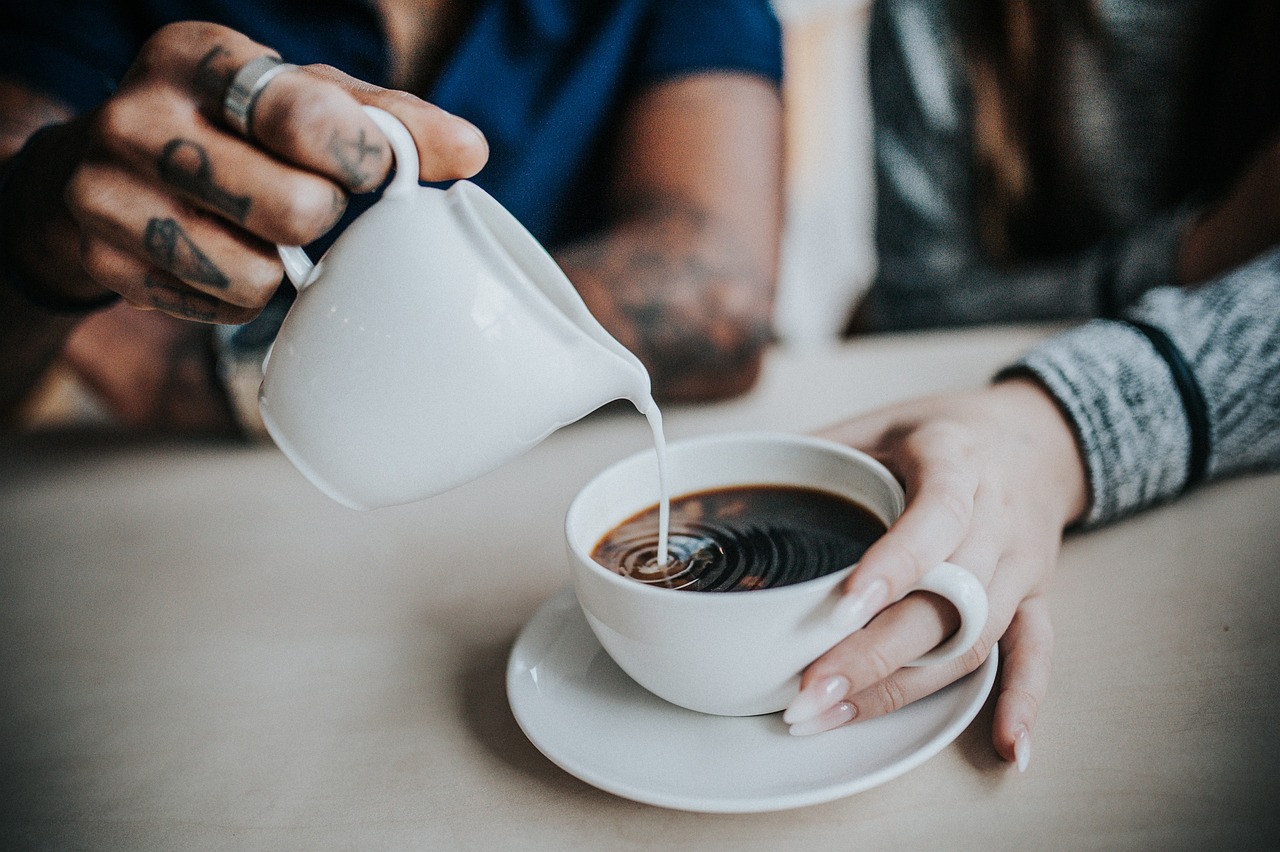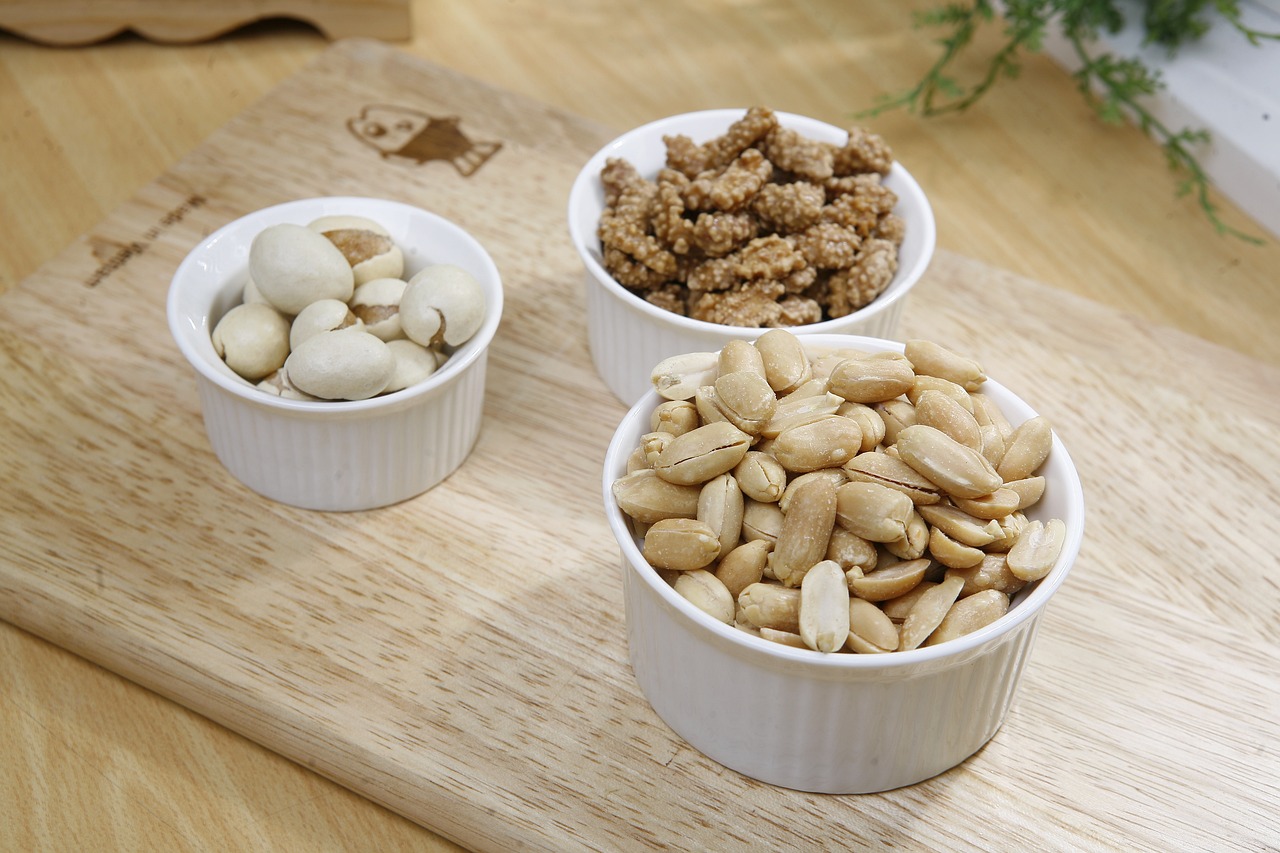Brother treating the residents' ailments with supplements to the medication treatment.
This article is written based on Swedish conditions. Hopefully it can inspire those interested in other countries.
There are often good complements to drug treatment. Diet, exercise and activities can significantly improve health in many conditions if it is adapted to the resident. With a thorough medication review, it is often possible to find better drug treatment as some drugs are unsuitable for those who are getting older.

Supplements to Medication
When it comes to treating diseases and health problems, drug therapy is often the first line of defense for patients. Medications can be very effective and have a significant impact on an individual's health. But it is also important to acknowledge that drug therapy is not always the only solution and that there may be complementary methods that can improve treatment outcomes.
In everyday life, supplements to drug therapy can mean using other treatment methods in conjunction with medication to achieve the best possible results. This can range from lifestyle changes and dietary supplements to alternative therapies such as acupuncture, massage, or meditation.
One of the benefits of working with supplements to drug treatments is that they can help reduce side effects and improve the patient's overall health and wellbeing. Many medications can have undesirable effects on the body, especially if they are taken over a long period of time. The use of complementary treatment methods can help reduce the need for high doses or potentially harmful medications.
It's also important to note that supplements to drug therapy are not a replacement for medical treatment. It's important that the resident continues to follow the doctor's prescription and take their medications as prescribed. Complementary treatment methods can only be seen as an addition to the basic treatment provided by the medical profession.
There are many different complementary methods that can be useful for patients. For example, in the treatment of pain, the addition of physiotherapy can help alleviate pain and improve mobility. In cases of sleep problems, the use of relaxation techniques or aromatherapy can help promote a good night's sleep. To improve mental health, the addition of cognitive behavioral therapy or mindfulness can be very helpful.
It's important to note that complementary methods don't always work for everyone and each individual may have different results. What works for one person may not work for another. Therefore, it's important to work together with health care professionals to find the most suitable complementary treatment options.
Overall, working with supplements to drug therapy is about looking at the patient as a whole and using all available resources to improve their health and wellbeing. It's about integrating different treatment methods to achieve the best possible results. By combining traditional medicine with complementary methods, patients can achieve better health and improve their quality of life.
Complementary Treatment in Care Homes
For many conditions, there are supplements to drug therapy. Eating right and exercising are important for everyone, not just in connection with diabetes. There is knowledge here that is not always fully conveyed by healthcare. A collaboration has been ongoing for about a decade between wellness organizations and regional healthcare. FAR (Physical Activity on Prescription) is often prescribed in primary care.
When needed, medication is often requested when someone is anxious, sad or perhaps cannot settle down at night. Various bulk products and other things are given to avoid constipation.
Much can be done to reduce the need for medication. Pajala porridge and Särö bombs are some examples of supplements to help the stomach function or to reduce the anxiety associated with bedtime. Other good supplements to medication are outings, walks, gymnastics, and activities.
Medication Reviews
Patients who are older than 75 and have more than five medications should be offered medication reviews annually. Many times the needs for medication change with increasing age-related ailments and the medication can sometimes do more harm than good. There are also a number of medications that are downright unsuitable for older people. In many regions, there is the "wise list" or the equivalent that describes which medications are unsuitable in connection with aging.
When it comes to anti-anxiety and sleep medication, often activities, conversations, and other things can reduce the needs. This also reduces the risk of side effects and also risks, for example, falls.
When changes are initiated together with the resident, it is important to also follow up on the result. If the resident has, for example, blood pressure medication and the blood pressure drops as a result of an improved lifestyle, the medication treatment may need to be adjusted to avoid fall injuries.
Recipe for Pajala Porridge
Here is an example of a recipe for Pajala porridge. Ingredients:
4 dl water
1 dl brown rice
1 dl oats
4 dl milk
1 tsp salt
Accompaniments: sugar, cinnamon, milk, berries or jam to taste
How to:
Boil the water in a saucepan. Add the brown rice and let it simmer on low heat for about 30 minutes, or until the rice is soft.
Add oats, milk, and salt to the saucepan with the rice. Let it simmer while stirring for about 10-15 minutes, or until the porridge's consistency is thick and creamy.
Serve the porridge warm. Sprinkle with sugar and cinnamon, and pour milk to taste. Serve with fresh berries or jam if desired.
Pajala porridge is a northern dish that is served as breakfast or a snack. It's a nourishing and satisfying porridge with a creamy consistency. Hope you will enjoy it!
Suggestions for Recept Säröbomber
Reflection Questions - Supplements to Medication
Care Staff:
- What do you do to find alternatives to drug therapy, e.g., in the case of anxiety?
- Do you work with any supplements to medication?
- Do you have a good dialogue between night and day staff?
- Are you actively working to get the residents to move?
Manager, Nurse, Occupational Therapist and Physiotherapist:
- How do you work to limit the needs of “as needed medication” in your residence?
- Are the medication reviews working well? Do you follow up the use of anti-anxiety as needed medication?
- Do you discuss alternative working methods within the team?
- Is there a large proportion of residents participating in activities?
Residents and Relatives:
- Does the nursing home use diet, exercise, and other alternatives to medication?
Erland Olsson
Specialist Nurse
Sofrosyne - Better Care Every Day

Aktuellt i media
-
2025-04-23 04:00
13 Hygien
Storage tends to attract all the world's junk. Order, clearing and cleaning of storage is a necessary recurring task.
info Bild: Pixabay
Bild: Pixabay -
2025-04-14 04:00
08 Förebyggande o lokaler
The art of furnishing a nursing home, a balancing act between homeliness, functionality, and hygiene aspects.
info -
2025-04-10 04:00
04 Bemötande
Waking up in a nursing home - is the morning routine adapted to each individual's needs?
info Bild: Pixabay
Bild: Pixabay -
2025-04-07 04:00
09 Mat och måltid
For the elderly, it is often important to eat many snacks in order to get enough nutrition.
info Bild: Pixabay
Bild: Pixabay -
2025-04-03 04:00
04 Bemötande
What creates safety in elderly care homes - advice and tips on creating a secure environment for the residents
info -
2025-04-01 00:00
10 Aktivitet o funktionsbevarande arbetssätt
Reminiscing, working with memories, is an activity that creates a lot of added value for people with dementia.
info

